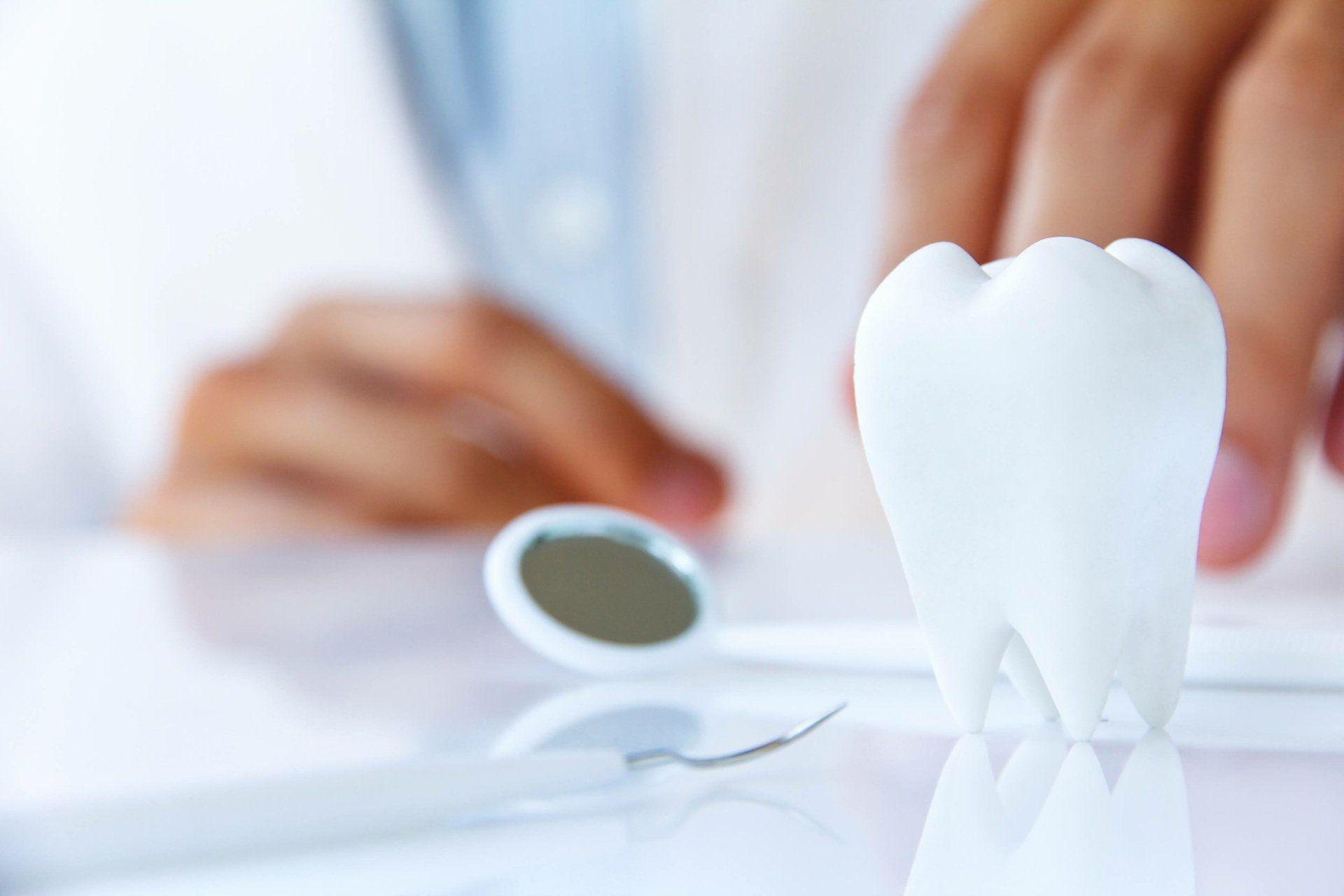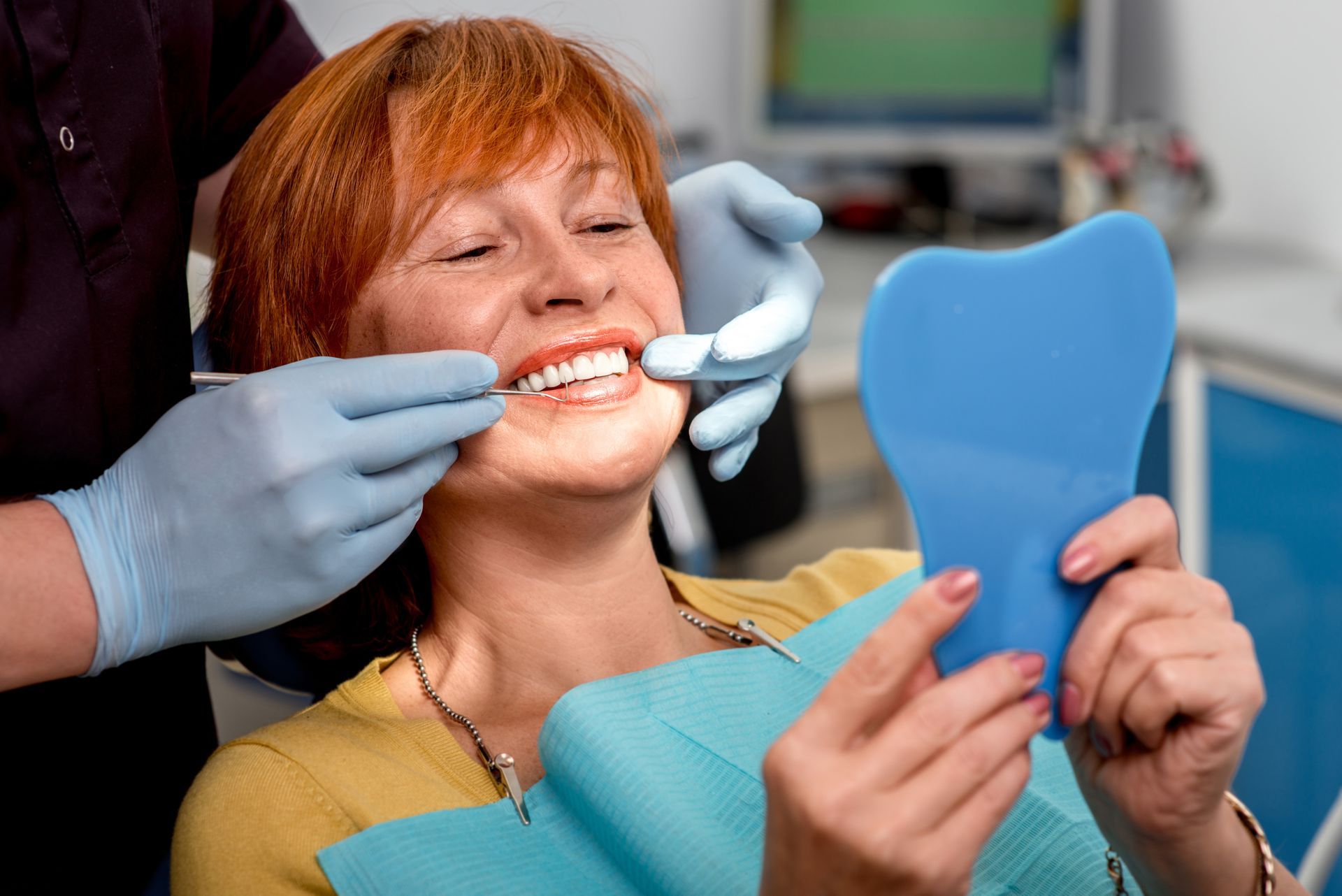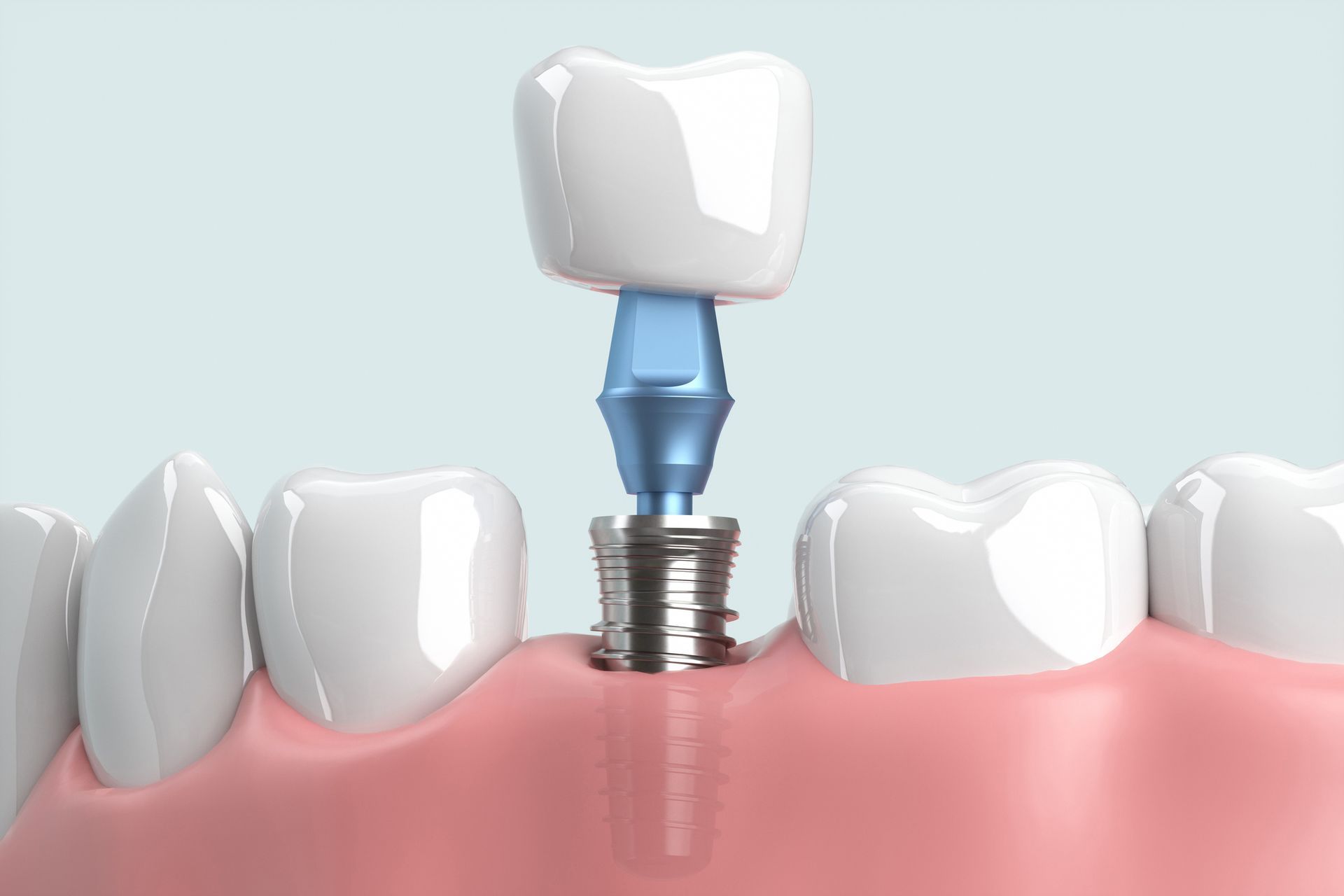HOW DENTISTS DIAGNOSE GUM DISEASE
- By Admin
- •
- 02 Jun, 2021

helps to avoid such complications.
Below are some of the techniques your dentist may use to diagnose gum disease.
Medical History Review
The dentist may review your medical and dental history to assess your risks of developing periodontal disease. The review may also reveal whether things other than periodontal disease have triggered the periodontal disease symptoms.
Common risk factors for periodontal disease include:
- Smoking
- Diabetes
- Poor oral hygiene
- History of gum disease
Visual Examination of Teeth
Some signs and symptoms of periodontal disease are visible to the naked eye. Thus, the dentist may inspect your mouth and teeth for these signs. The dentist may suspect gum disease if they notice:
- Considerable plaque or tartar buildup
- Gum bleeding
- Gum inflammation
Periodontal Probing
Periodontal probing is a common diagnostic tool for gum disease. The dentist uses a gum probe to measure the depths of the pockets between the teeth and the gums. Several measurements at different sites are necessary for accurate diagnosis.
After the probing, the dentist will compare the measurements to normal periodontal standards to determine the extent of the gum disease. The dentist will also use your dental history, such as past gum infections, to get an accurate diagnosis.
Periodontal probing works because gum disease separates gum tissues from the teeth. The greater the separation, the deeper the pockets will be. In addition, deep gum pockets are difficult to clean. The cleaning difficulties encourage bacteria accumulation, worsening gum disease.
Dental X-Rays
Dental X-rays can help you get a more accurate sense of the extent of your gum disease. Gum disease starts at the gum tissues but spreads to other parts of the mouth, including the jawbone. A dental X-ray can show deteriorated parts of the jawbone that might indicate severe gum disease. The X-ray can also reveal a more accurate depth of the gum pockets.
Again, the dentist will interpret your X-rays in conjunction with your dental and medical history. For example, the appearance of bone loss may not necessarily mean you have gum disease if you have a history of jawbone problems.
Recession Measurement
As mentioned above, gum diseases damage the gum's attachment to your teeth. Thus, your dentist can also diagnose your periodontal disease by measuring the degree of gum recession. Recession measurement is even more crucial if your gum disease hasn't spread to most parts of your gum tissues.
Tooth Mobility Assessment
Lastly, the dentist may also evaluate your teeth's mobility during the diagnosis. A mobility assessment helps because gum disease also destroys your teeth's connection to your jawbone. The dentist will use a rigid instrument to determine the affected teeth's mobility. The dentist will then compare the mobility to existing data, just as is the case for recession and probing.
Hopefully, you won't develop gum disease any time soon. But if you do, we hope you will get an early diagnosis. Contact Bradley Piotrowski, DDS, MSD, LLC, for a diagnosis and treatment if you suspect gum disease or any other dental problem. As a board-certified periodontist, we promise to give you the best dental care possible.













